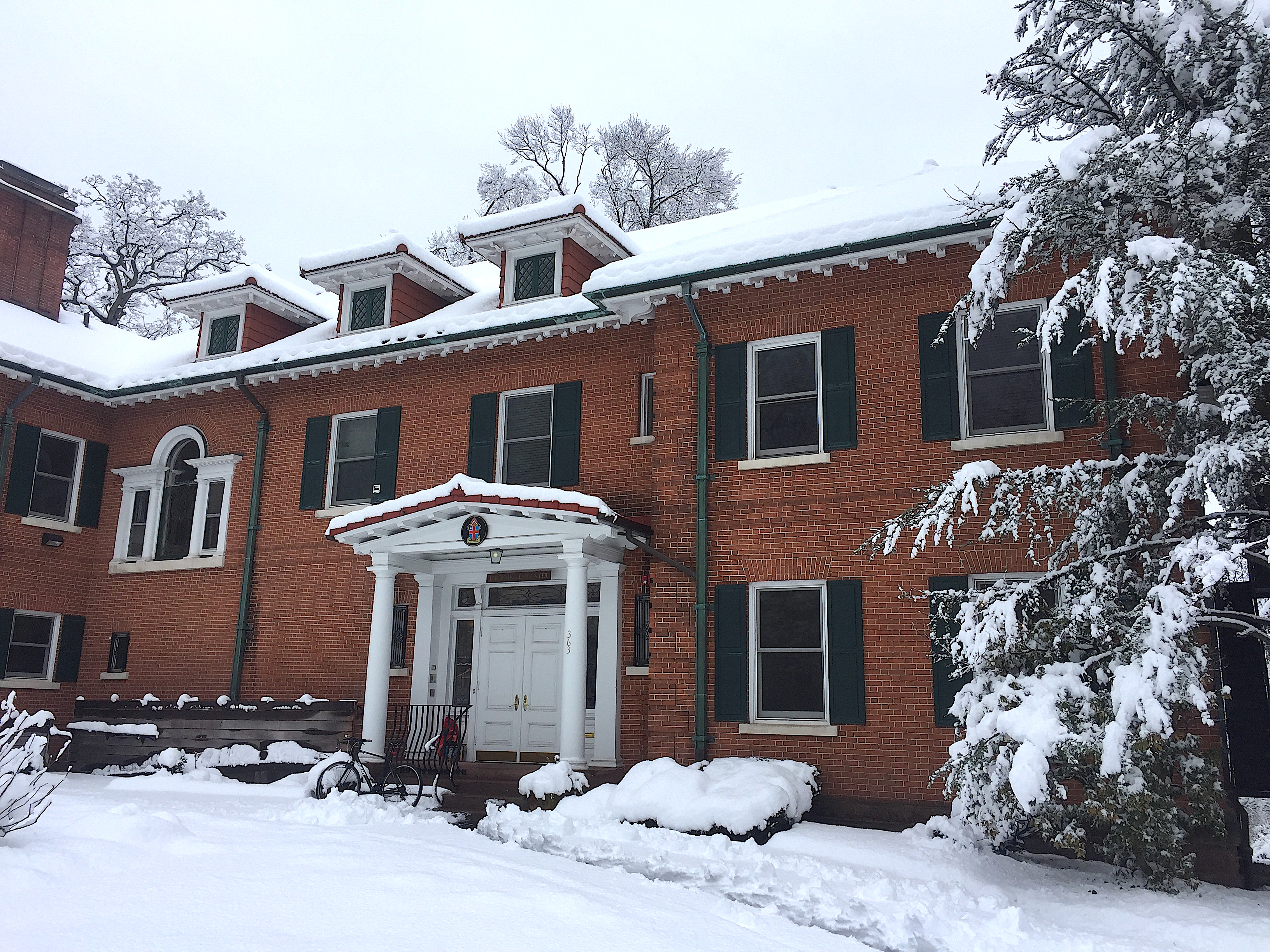Berkeley Divinity School at Yale, Berkeley College at Yale, and Berkeley, California all share a namesake: the 18th-century Anglo-Irish philosopher and bishop, George Berkeley.
In 1729, George Berkeley traveled from Ireland to the Americas. Berkeley purchased and moved into Whitehall farm in Newport, Rhode Island, where he wrote, preached, and founded a philosophical society. There, he dreamed of the Bermuda project: a theological college in Bermuda to train the sons of colonists for ministry. He waited in Newport for funding from King George I that never came.
While living in Rhode Island, Berkeley developed a friendship with Samuel Johnson, Yale class of 1714, an Anglican priest who is sometimes called “The Father of the Episcopal Church in Connecticut.” Samuel Johnson would go on to found King’s College (now Columbia University). Due to encouragement from Samuel Johnson, when George Berkeley abandoned the Bermuda project, he left his estate in Newport and 900 books to a college in Connecticut that would later be called Yale. Yale’s first endowed scholarships were provided by income from Berkeley’s estate.
Yale and Slavery: A History by Sterling Professor of History David W. Blight reminds us of the difficulties attached to the figure of George Berkeley. Enslaved laborers worked Whitehall farm before and after Berkeley donated it to Yale, and George Berkeley is known to have bought at least three enslaved people himself. Berkeley made his views on slavery publicly known. While he “advocated for the baptism of enslaved people, and he condemned what he called ‘an irrational Contempt for the Blacks, as Creatures of another Species’” (Yale and Slavery: A History, 61), he did not challenge slavery and suggested that the conversion of slaves to Christianity could even benefit slaveholders.
Berkeley was Yale’s benefactor long before Berkeley Divinity School was founded, but his reputation as scholar, educator, and bishop led the founders of the school to use his name a century after his time in the American colonies.
